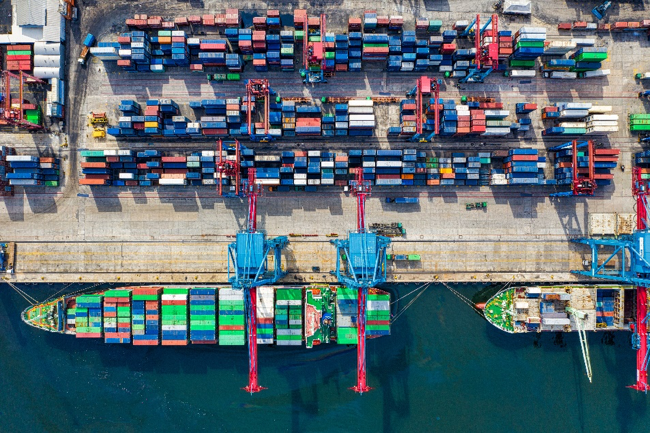Brexit and International Trade: The Outlook

With the transition period set to end on 31 December 2020, the UK edges ever closer to having to determine its own international trade policy for the first time in over 40 years. The implications for the UK’s food industry and global food supply remain unclear.
At the high-level UK-EU meeting on 15 June, Boris Johnson reaffirmed his administration’s commitment not to seek an extension to the transition period, despite the impact that Covid-19 has undoubtedly had on the progress of negotiations. Both the UK and the EU have committed to intensifying talks with the hope of agreeing a deal as soon as possible, although progress has been limited.
The EU hopes to bring negotiations to a conclusion by this October in order for the agreement to pass the UK and European parliaments before the transition period ends.
JBS Global UK will be following the discussions as the potential trading relationships become clearer. As ever, our focus is on high quality products, safely produced, incorporating our stringent animal welfare policies and sustainable, environmentally conscious agricultural processes.
As you will know, among the areas of consideration with nations outside the EU, including the US and Australia, will be the issue of food standards. In the UK, the Secretary of State for International Trade, Rt Hon Liz Truss MP, has set up a Trade and Agriculture Commission that will advise the Government on “trade policies the Government should adopt to secure opportunities for UK farmers, while ensuring the sector remains competitive and that animal welfare and environmental standards in food production are not undermined.” The JBS Group global production platforms, which operate to high international standards of food safety, animal welfare and environmental standards, are well positioned to adapt to UK measures post Brexit.
Chaired by food safety expert Tim Smith, a former Chief Executive of the Food Standards Agency, the Commission will be advisory only and operate for a period of six months. Smith has already indicated that the Commission’s members will meet fortnightly, with plans to publish “an interim report in September followed by a final report by the turn of the year.” Part One of the National Food Strategy, published in July 2020, also contained a number of recommendations for the UK Government to protect food standards in any future free trade deals, although neither of the recommendations of the Trade and Agriculture Commission or National Food Strategy are binding on ministers.
Now is an uncertain time for global supply chains with trade talks further complicated by the impacts of COVID-19 on production. As discussions continue in the months to come, JBS will endeavour to maintain a progressive and transparent dialogue with all our valued customers and stakeholders.
